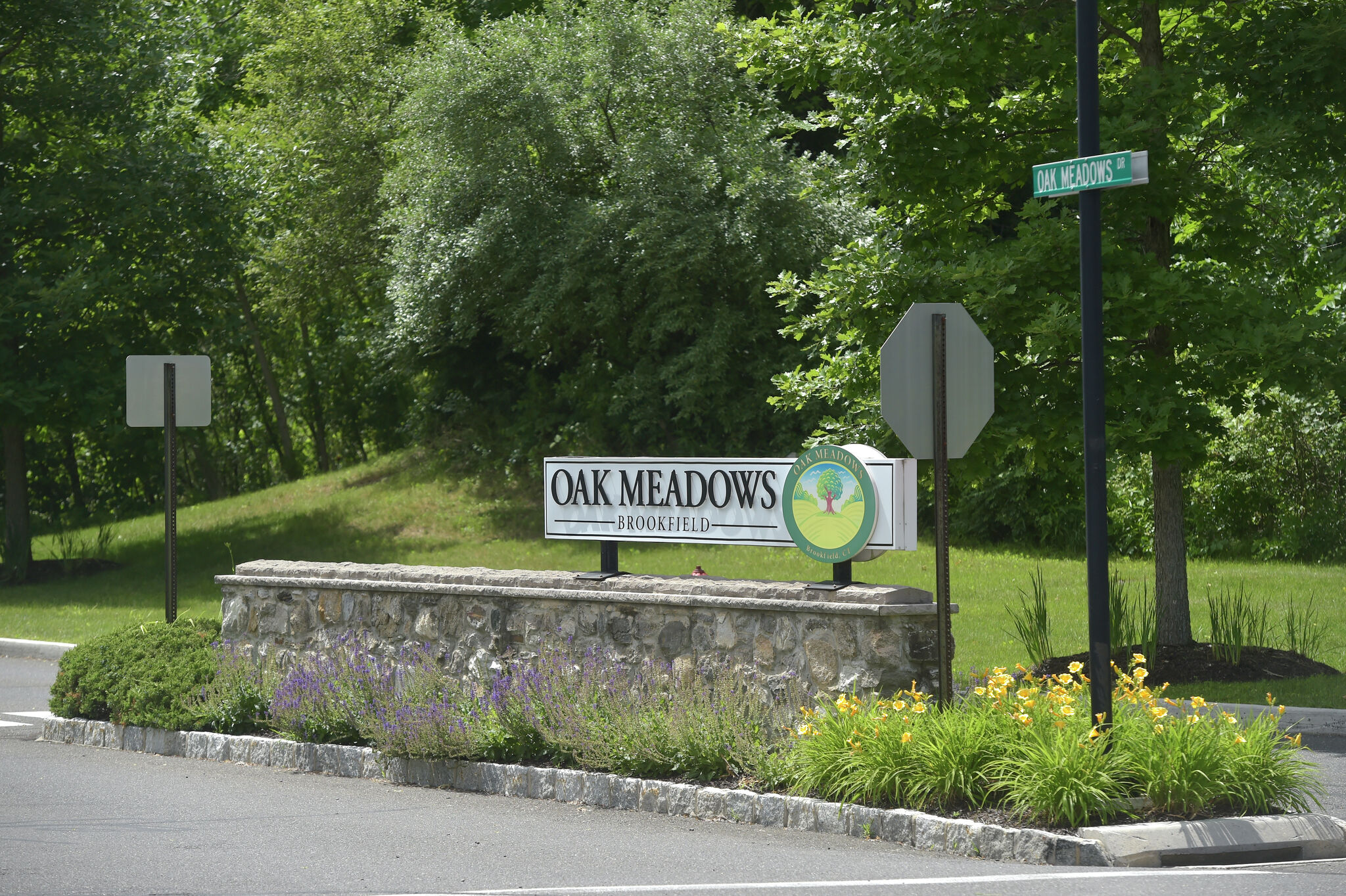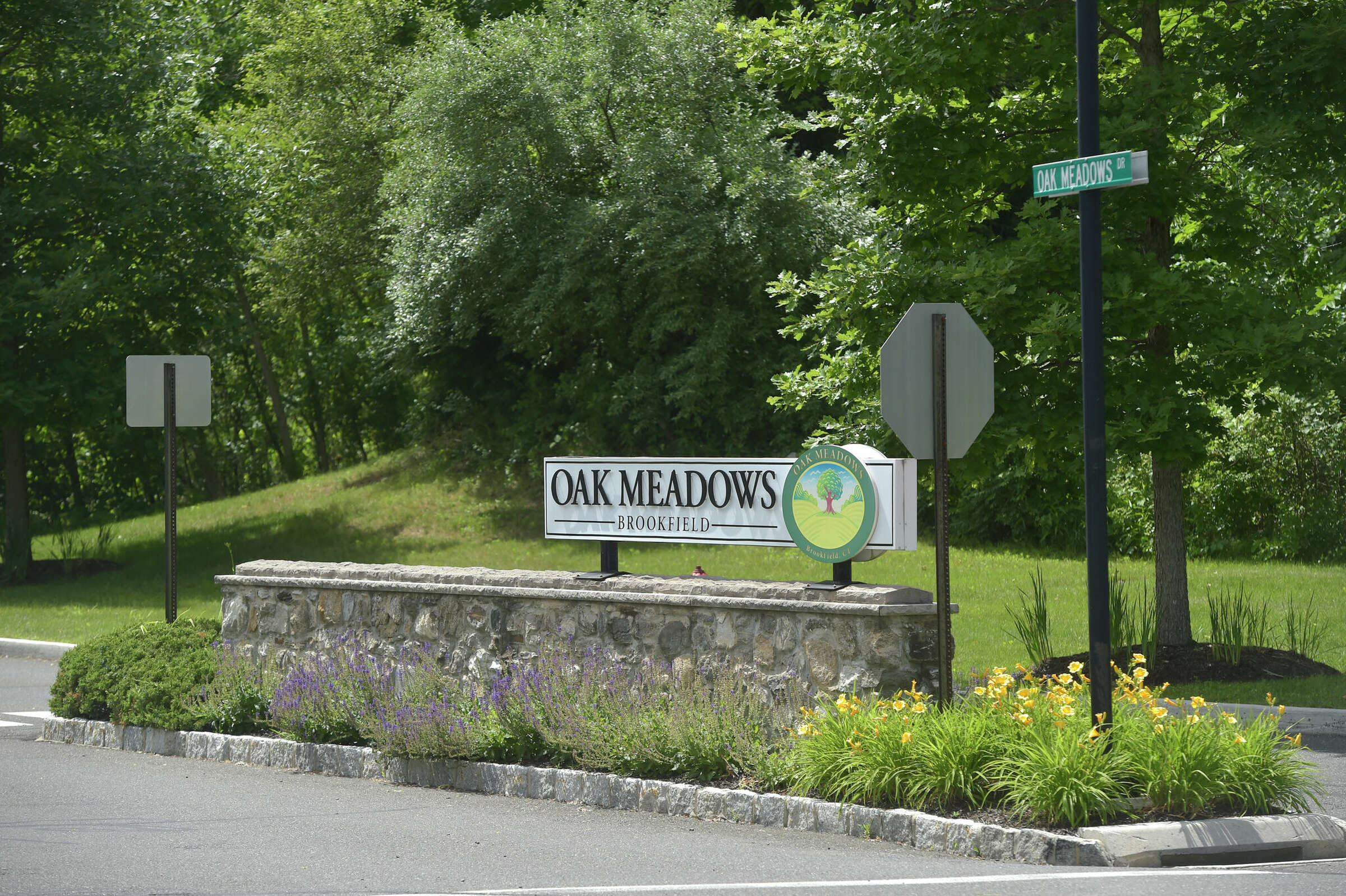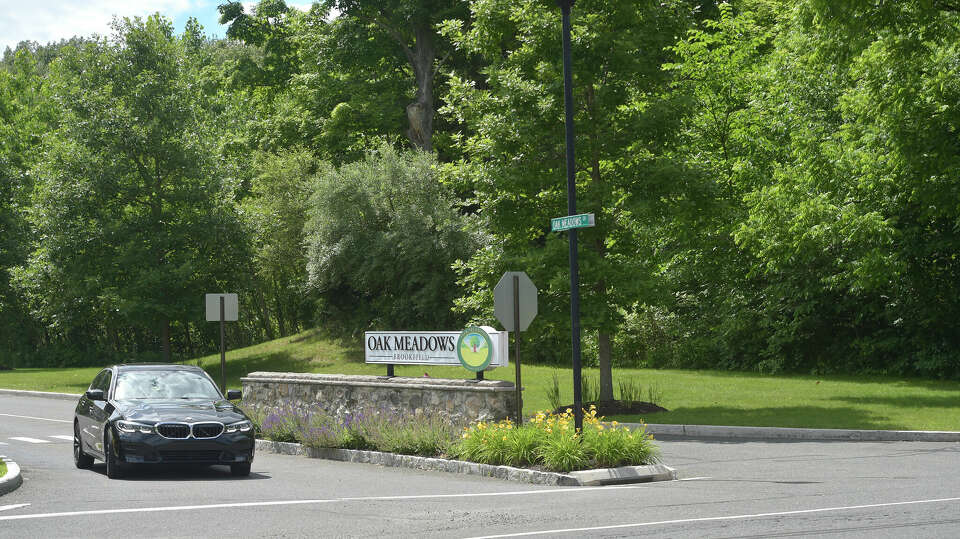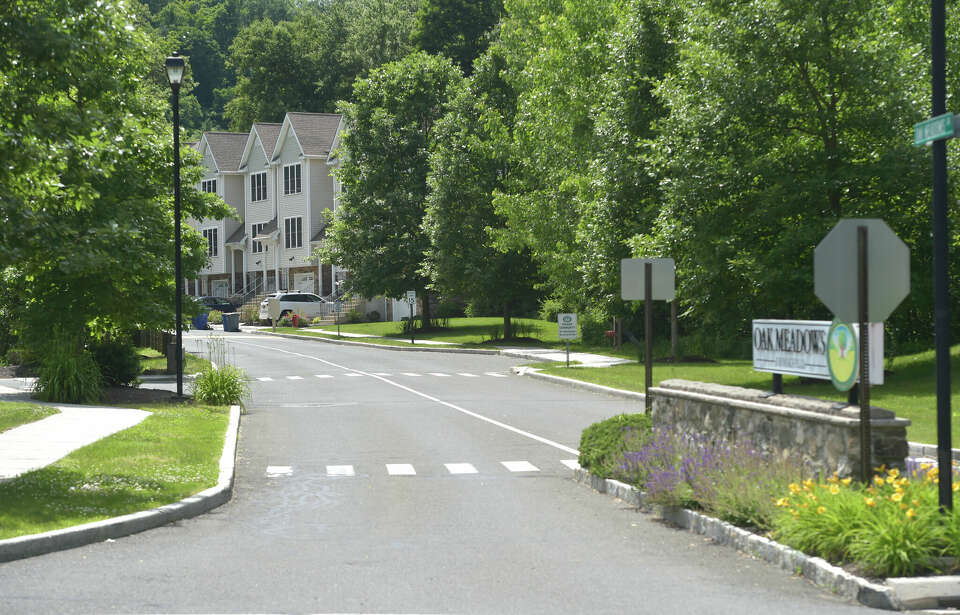Welcome to Oak Meadows complex in Brookfield, a neighborhood that’s taking a uniquely modern approach to an age-old problem: dog poop. The Oak Meadows Homeowners Association has initiated a mandatory dog DNA testing program aimed at keeping the sidewalks and grassy areas clean, much to the chagrin and curiosity of its residents. This enforcement comes as a response to the ongoing issue of dog waste not being picked up by a minority of dog owners within the complex.
The decision to require DNA testing of residents’ dogs has sparked a variety of responses from the community. Aga Stepniak and Theresa Weber, both residents and dog owners within the complex, have voiced their disapproval, labeling the initiative as an unnecessary invasion of privacy. They argue that the issue of dog feces is not as extreme as it’s being represented and see the DNA testing as an overzealous measure that infringes upon the rights of homeowners.

- Oak Meadows introduces mandatory dog DNA testing to tackle the issue of unpicked poop. Source: Sandra Diamond Fox – newstimes.com
On the flip side, representatives from the Oak Meadows Association, including Association President Richard Kalb and Property Manager Alan Wunsch, champion the DNA testing as a decisive solution to a persistent problem. With numerous notices ignored and the cleanliness of the area compromised, they believe that this method will efficiently identify and fine the irresponsible pet owners who neglect their duty to clean up after their pets.

- Residents of Oak Meadows complex in Brookfield share mixed reactions to the DNA testing policy. Source: Sandra Diamond Fox – newstimes.com
The logistics of implementing the DNA testing policy involve collecting cheek swabs from each dog within the complex, a procedure overseen by the property management. Following the collection, subsequent fines will be levied against owners who defy the new rule. The costs of DNA testing are absorbed by the association, assuaging concerns about individual financial burden. Nevertheless, the imposition of daily fines for non-compliance introduces a significant policy enforcement tool.

- The Oak Meadows complex implements a controversial dog DNA testing policy. Source: Sandra Diamond Fox – newstimes.com
While some residents, like Stepniak, propose alternative solutions such as installing surveillance cameras in hotspot areas, the association counters with concerns over privacy and the infeasibility of such measures. The DNA testing, albeit contentious, is viewed by its proponents as a direct and effective strategy to ensure cleaner communal spaces, emphasizing the responsibility of pet ownership.

- Residents of Oak Meadows consider alternative solutions to the dog waste management issue. Source: Sandra Diamond Fox – newstimes.com
The move towards DNA testing at Oak Meadows has undeniably stirred debate among its residents, highlighting a divide in perception concerning community governance and personal responsibilities. As the deadline for compliance approaches, the conversation within the community intensifies, paralleled by a call for alternative, less invasive strategies. Moving forward, it will be interesting to observe the policy’s impact on both cleanliness and community dynamics, as well as whether this approach will serve as a precedent for similar communities facing the same issue.





